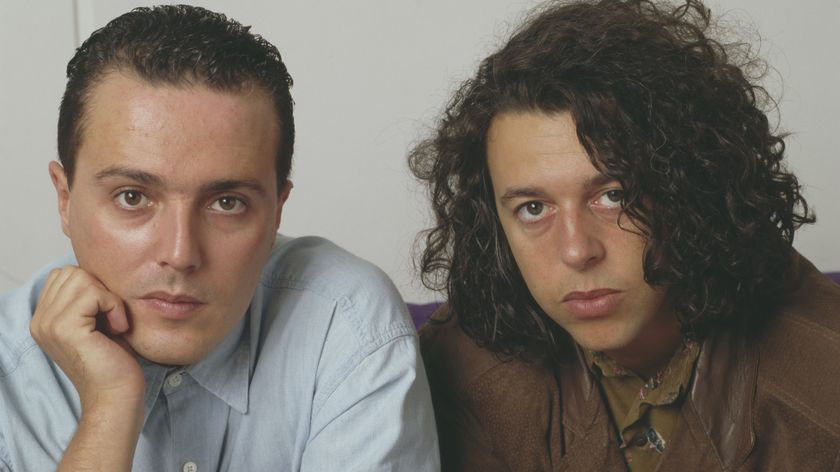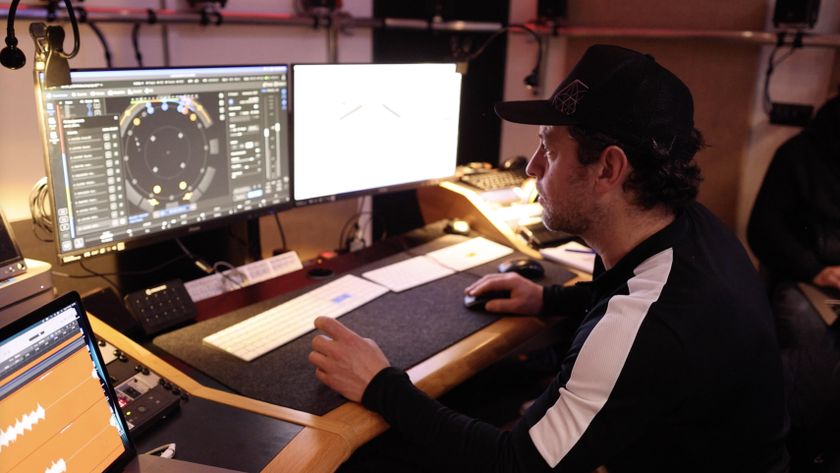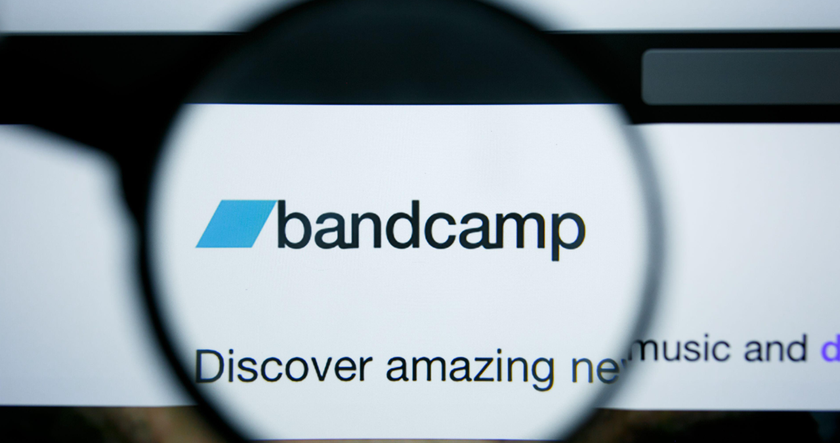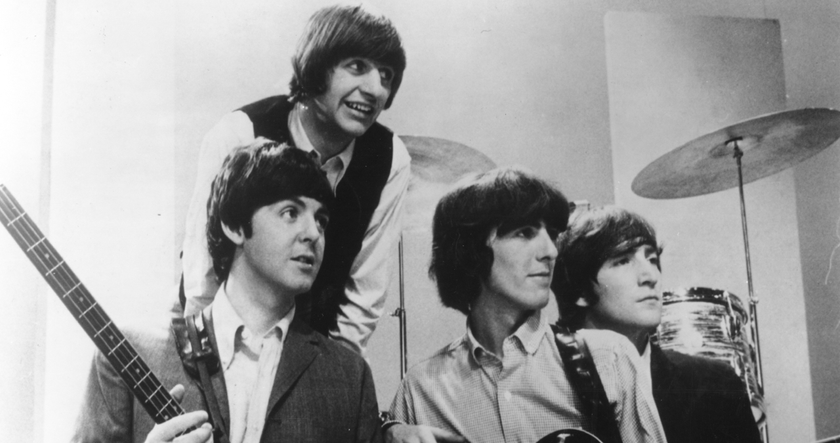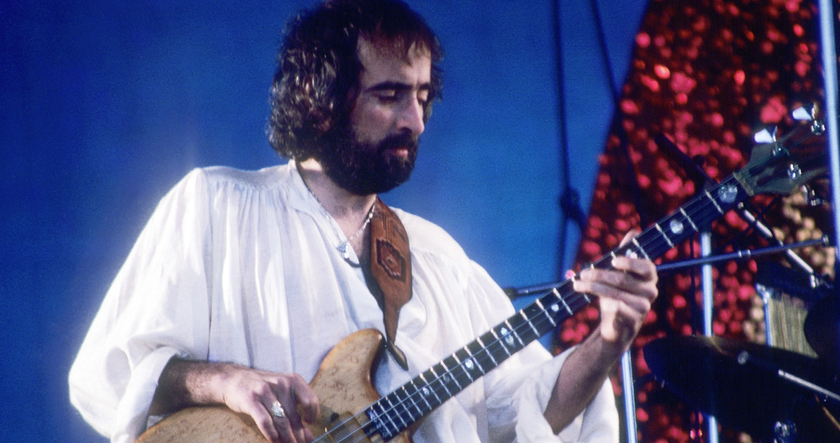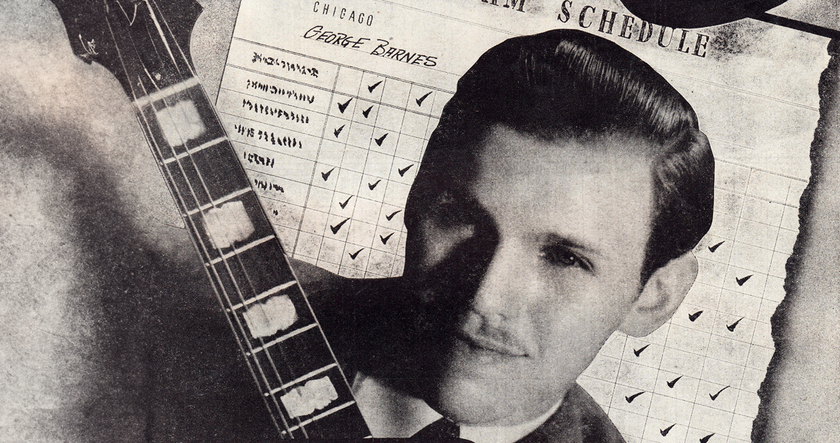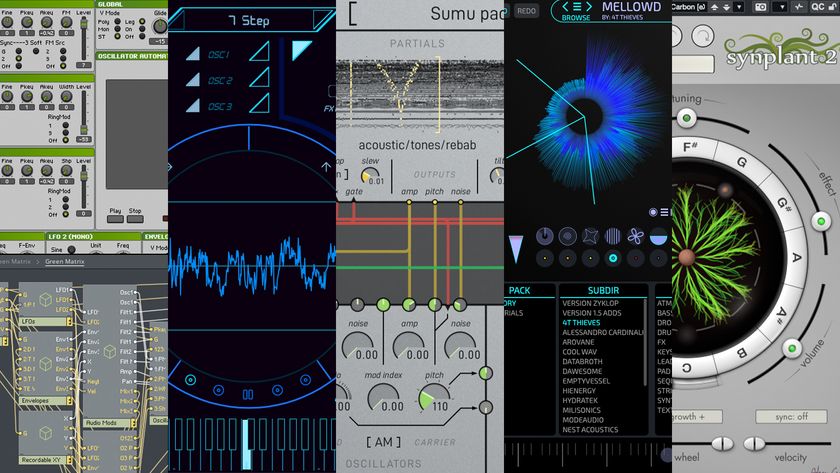“Technology is cool, but you’ve got to use it as opposed to letting it use you”: Why Prince never allowed gear to lead the way and how we can take back control of our tech
It’s pretty easy to be daunted by the sheer quantity of music technology at your disposal, but always remember - it's there to serve you
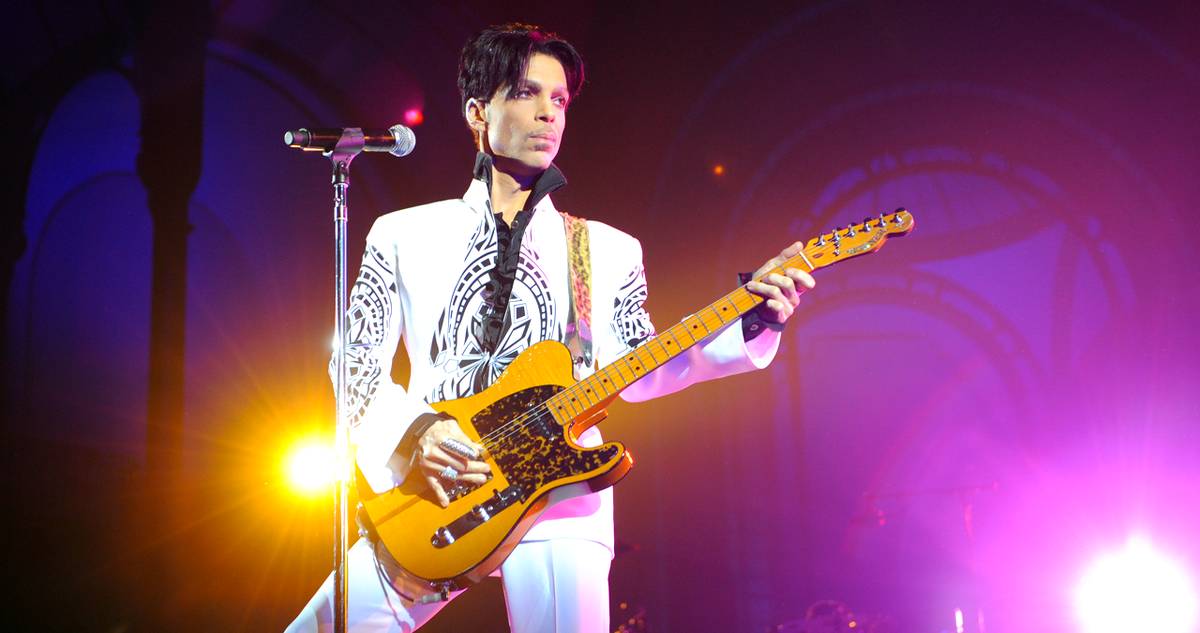
It’s an almost paradoxical situation we music-makers find ourselves in. Here, in the mid-point of the 2020s, we’re surrounded by an ever-growing mountain of music technology. From exacting emulations of the most expensive synths ever produced, meticulously-recorded string and orchestral libraries, and theory-fluent chord and key-assisting tools, our options are practically limitless. And yet, many of us can still find ourselves drawing a blank when staring into this vast universe of possibilities.
It's easy to find yourself in those situations, relying on said arsenals of music technology to suggest routes forward. That's what it's there for, you might say.
But, if you're not careful, you might end up with a track leaning so heavily on presets and algorithmic assistance that your arrangements have been essentially assembled by software.
To external ears, those tracks might sound sonically astounding, and crying out to be placed on a playlist. But, you might find yourself listening back and feeling curiously unengaged. Begging the question: is it really your track?
This balance between harnessing music technology and its many options, and keeping a tight hold of your own creative voice has been a wrestled-with dynamic long before the normalisation of home computer-based production.
Back in 2004, in an interview with MSNBC, Prince explained that he was worried about what he foresaw coming around the corner - the next generation of musicians being directed by the advancement of music technology; “I really feel a need to school a new generation of musicians,” Prince said. “Technology is cool, but you’ve got to use it as opposed to letting it use you.”
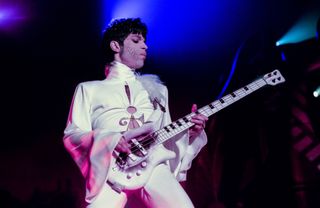
Writing and creating the music, sounds, lyrics and themes that reflect what you want to express, as opposed to writing for a perceived audience (or increasingly in today’s context, how many genre and niche-angled sonic tools dictate we should sound) is really central for those who want to construct a unique artist voice. The alternative is to become just another crouton bobbing around in the ever-expanding soup of sameness.
Back in ‘04, in that same interview, Prince mentioned that - despite them being massive hits, iconic songs such as When Doves Cry were entirely motivated by his own creative instincts. “I never really sat down and did music that way. [When] When Doves Cry came out it sounded like nothing that was on the radio. Let’s Go Crazy was number one on R&B stations and there’s nothing that’s been like that on radio since.”
Prince here is speaking pointedly about how he dealt with the pressure of remaining relevant within the broader pop landscape, and fitting in with what was popular. His approach - not to give a fuck.
Much like that other musical innovator whose career flitted between the mainstream and the esoteric, David Bowie, Prince’s creative, instinct-based philosophy could often lead to quite astonishingly massive success.
Emulation of others didn’t sell 25 million copies of Purple Rain, Prince being Prince - and writing songs led by his own vision did.
These days, as we suggested earlier, those pressures to sound like others can enter our consciousness more insidiously. They can come from the very tools that are ostensibly there to do our bidding.
Get the MusicRadar Newsletter
Want all the hottest music and gear news, reviews, deals, features and more, direct to your inbox? Sign up here.
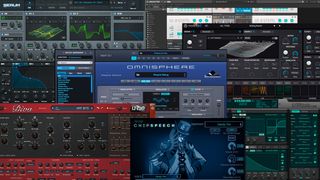
Plugins and virtual instruments can provide brilliant starting points and be wrangled into all manner of idea-generating shapes. Though, for some, the temptation to stay on the safe ground of the familiar, genre-aligned or ‘pro’-sounding presets is high. Particularly if we’re creating in a hurry. The danger is, if we’re not conscious of holding on to it, we can very easily lose sight of our own uniqueness.
That’s not to say that presets and the creative-assisting angle of these tools are a bad thing - far from it.
What we’re imploring here is that you should always remember to keep a firm grasp on the fact that you are (or have the potential to be) a singular artist.
Just don't let your tools boss you around. If you feel that a suggested route, chord sequence or sound will sound a little better with a smattering of unbridled chaos… so be it.
Be more Prince, and get nuts from time to time.

I'm the Music-Making Editor of MusicRadar, and I am keen to explore the stories that affect all music-makers - whether they're just starting or are at an advanced level. I write, commission and edit content around the wider world of music creation, as well as penning deep-dives into the essentials of production, genre and theory. As the former editor of Computer Music, I aim to bring the same knowledge and experience that underpinned that magazine to the editorial I write, but I'm very eager to engage with new and emerging writers to cover the topics that resonate with them. My career has included editing MusicTech magazine and website, consulting on SEO/editorial practice and writing about music-making and listening for titles such as NME, Classic Pop, Audio Media International, Guitar.com and Uncut. When I'm not writing about music, I'm making it. I release tracks under the name ALP.

“A musical style, defined by plaintiffs as ‘pop with a disco feel’, cannot possibly be protectable”: Dua Lipa wins victory in Levitating court case as judge rules that there is no copyright infringement

“At the time, I wasn't, like, the coolest kid, and people didn't want to be in a band with me”: Ed Sheeran explains why he started using looper pedals, then demonstrates one by performing a number one hit that he wanted to give to Rihanna


